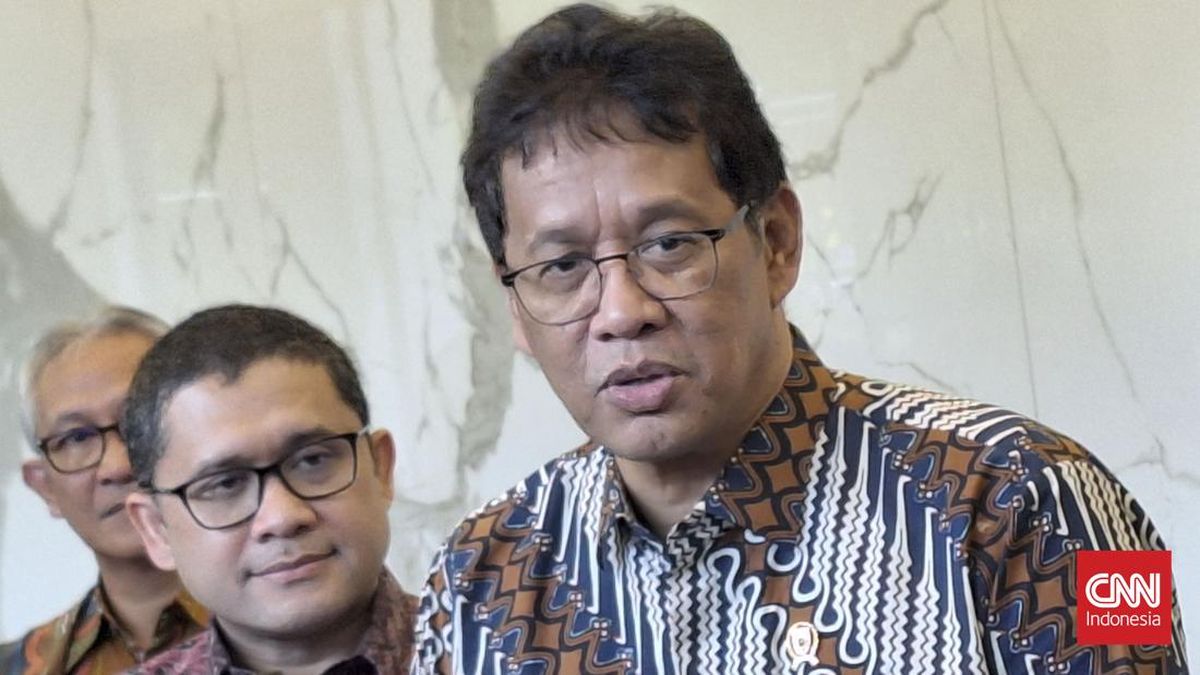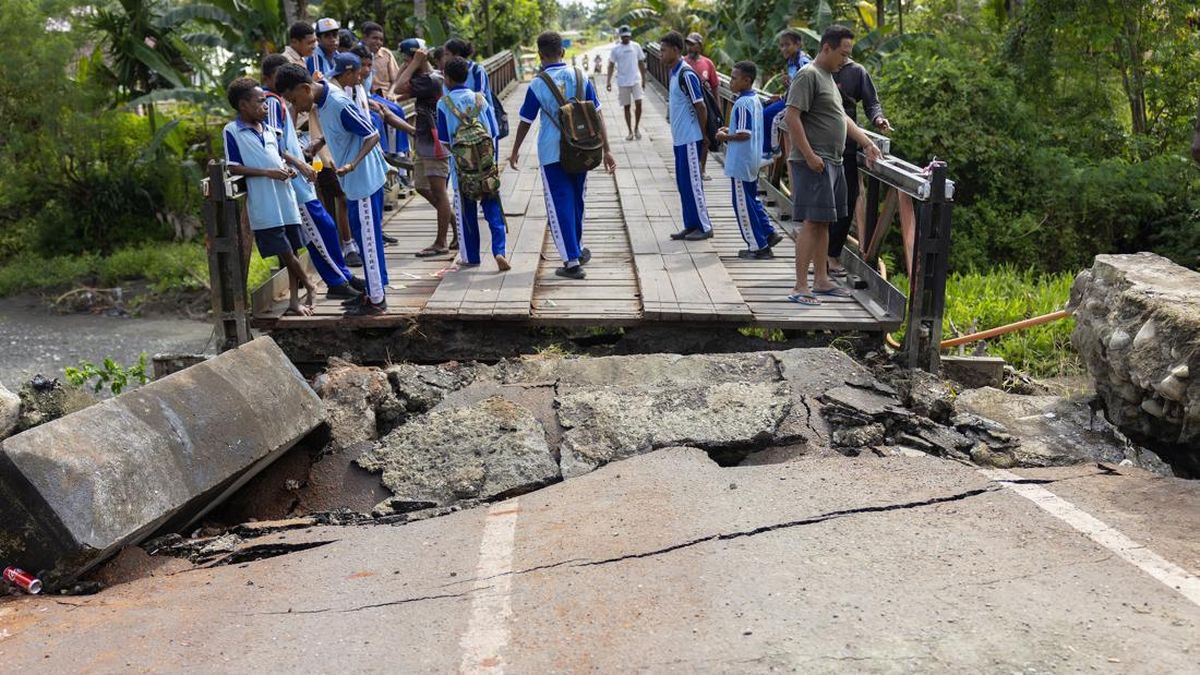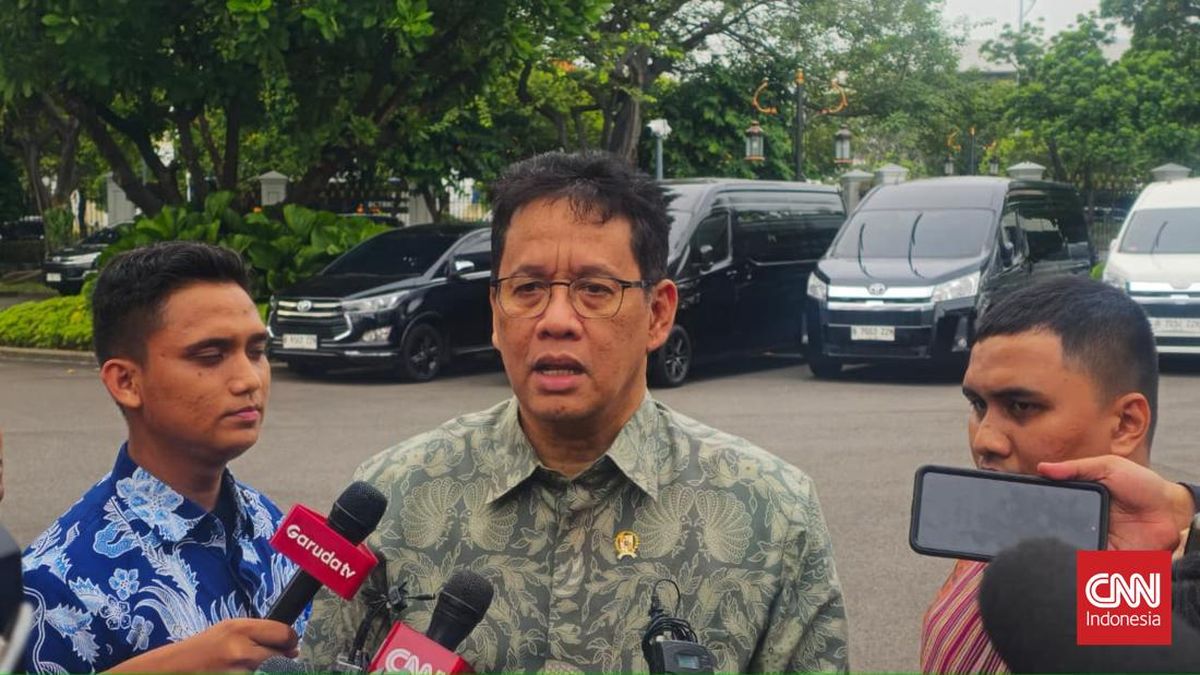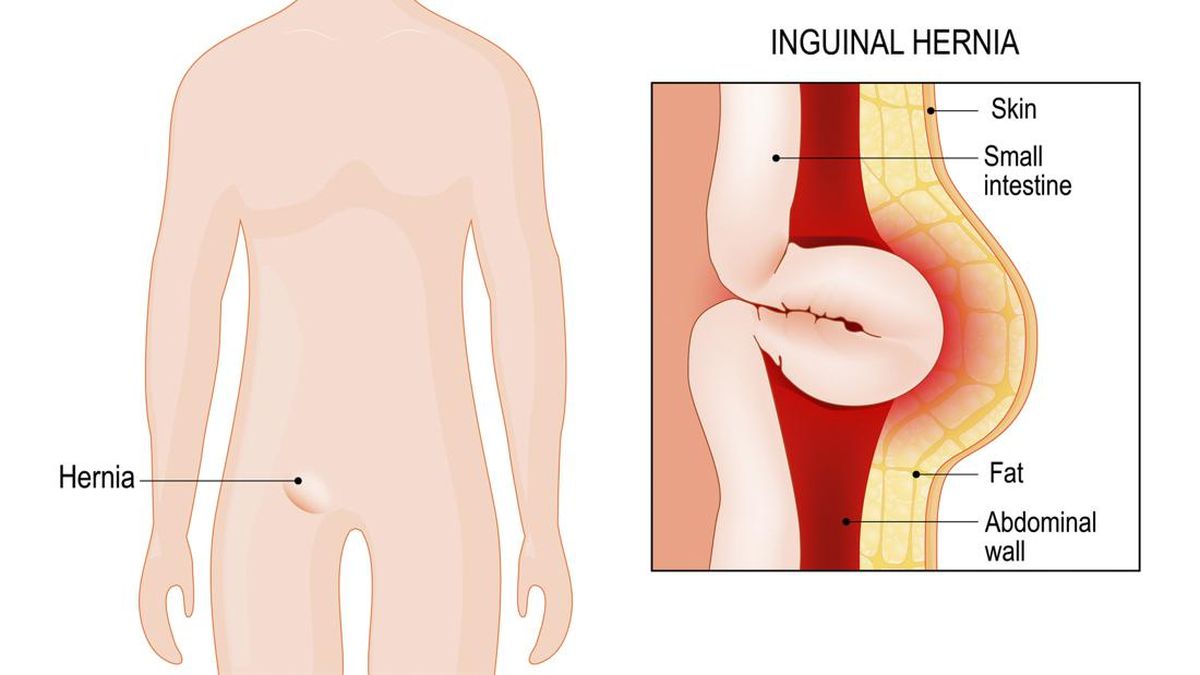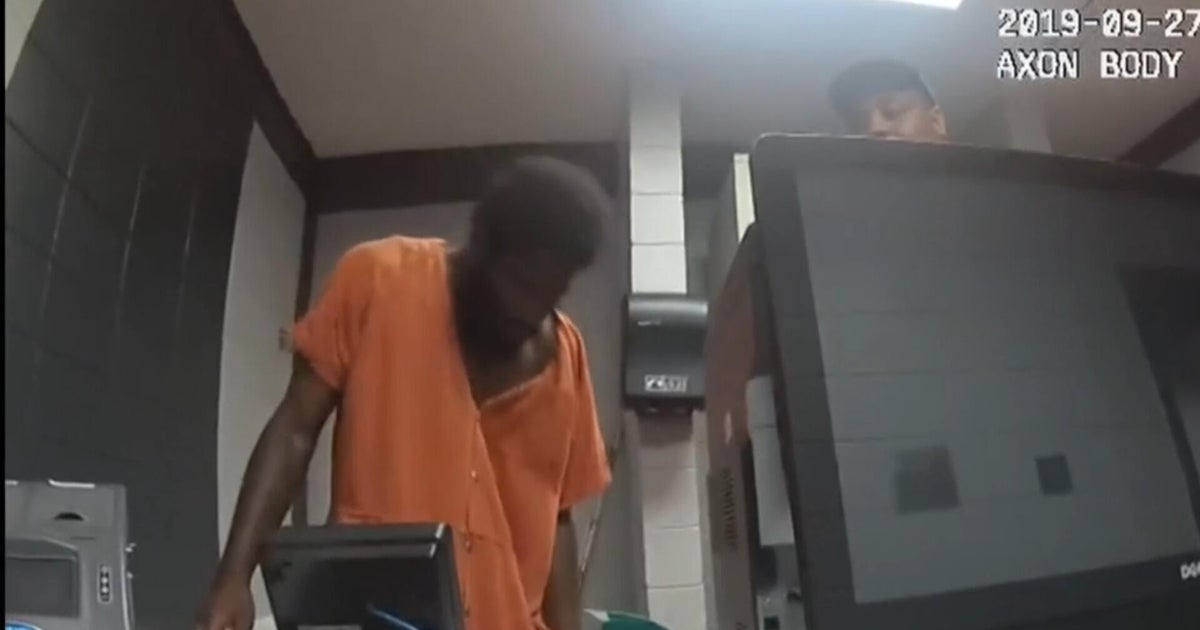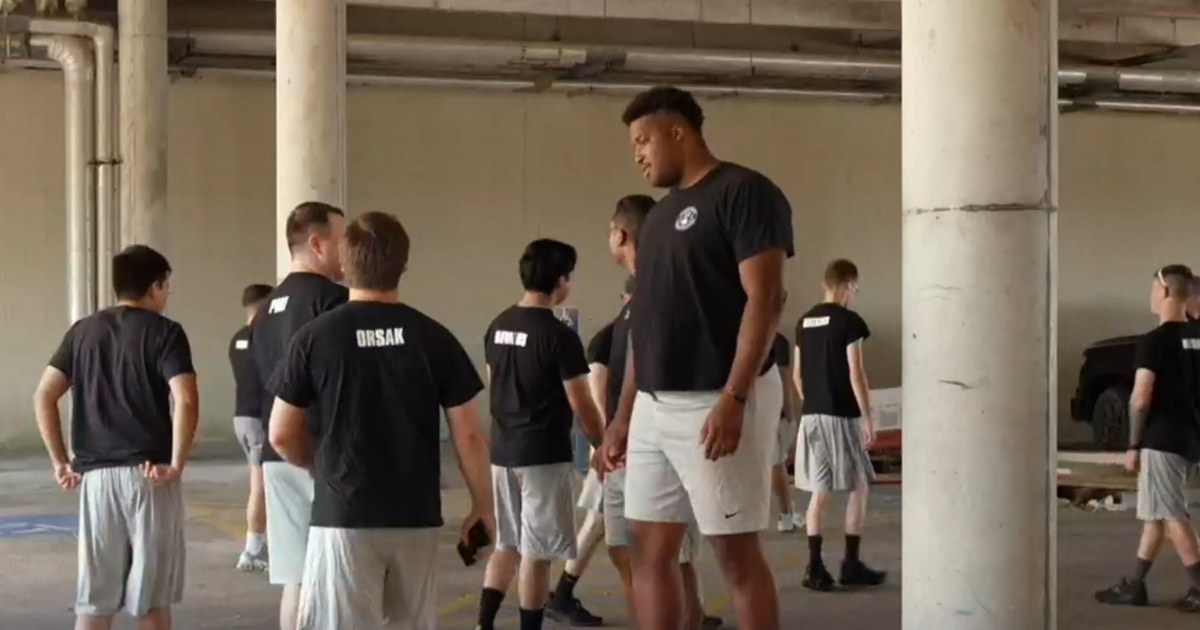Peter Hartcher’s article makes sobering reading (“Democracy’s fragility laid bare”, August 30). Democracies around the world are either struggling or have transformed into “flawed democracies” or various forms of dictatorship. Australia, it seems, is not immune from travelling down a similar path via the pernicious influence of social media conspiracy theorists and political saboteurs pushing personal agendas. Australia’s democratic political system is not perfect but is worth saving from falling down a similar rabbit hole that has affected other world democracies, notably the US. The answer is twofold. First, we must ensure Australia is a fair society that provides equal access to employment, housing, health and education for everyone. Secondly, our youth, the future generation of our leaders and voters, must appreciate and cherish our democracy and political system. Teaching programs in our schools and universities must not only give students an understanding of democracy, but emphasise the forces and misinformation that endanger our way of life. Robert Hickey, Green Point

Abraham Lincoln: The man to talk to about democracy.Credit: Library of Congress
Peter Hartcher cites democracy expert Lydia Khalil in pointing out that democracy is a system, meaning there are hidden depths in Abraham Lincoln’s succinct definition of “government of the people, by the people, for the people”. Conceptualising democracy as an interacting system of parts, Khalil and their Lowy Institute associates place distrust in institutions as one part of the circle of cause and effect in the decline of democracy. Human thinking and behaviour associated with the values of democracy are shaped in part by what happens in our bedrock institutions, such as families, schools, universities and religious institutions (yes, still a role to play). Both the strengthening of, increased respect for and leadership from these institutions are needed as part of the pathway to the preservation of democracy. Paul Casey, Callala Bay
Peter Hartcher’s article delivered the disturbing news that there are only 25 democracies in the world, and evidence that that figure may certainly dwindle in coming years. It has left my morning with a sense of awful dread about what will happen to our world first: the collapse of our political systems or of our environment? Lorraine Hickey, Green Point
Peter Hartcher’s article is a timely reminder to Australia to analyse and protect the elements of democracy. The Democracy Index is a worthy guide for Australia to maintain democratic strength. Apart from intergenerational inequality, there are political risk areas that cause our decline from 9 to 11. Freedom of the press is not legislated and was violated by the ADF raid on media offices. “Polluted information”, disinformation and lack of truth in political communications is divisive. Peter Dutton accused the PM of causing antisemitism. Advance (Australia) sought to corrupt the democratic process with “If you don’t know, Vote No”. That political funding is not transparent is grave risk. Anne Eagar, Epping
Along with most political commentators, Peter Hartcher hasn’t a clue how to handle, or make sense of, the US president. Here’s a clue, Peter – dismiss most of what he says; he has a warped sense of humour, to which you should now be accustomed. Trump’s an action man, weird, eccentric, and probably, had he been born later, he’d have been diagnosed as on the spectrum, which is why so many ordinary, struggling, searching and confused Americans vote for him. They caught onto his peculiar ways and off-beat humour right at the start. Rosemary O’Brien, Ashfield
After reading Peter Hartcher’s article, I wondered who knew that American democracy was so easy to poke holes in and dismantle? Tim Schroder, Gordon
Tone-deaf policies
The article by Richard Tognetti (“A bitter symphony plays out at ANU”, August 30) highlights what is happening to the education of possible artists and composers. The undermining of music at ANU he refers to also has an impact on the education of music teachers. The philosophy of teaching shows that musical training is not only an education in music, it is also a pathway to better outcomes in all disciplines. We need someone to teach the teachers. If we undermine universities that have music departments, we also undermine primary and secondary schools. Jennifer Blackman, Wentworthville

Richard Tognetti: Please don’t stop, sound must go onCredit: Edwina Pickles
Richard Tognetti is right in everything he says about the dilution of the music faculty at ANU. However, the reality is that ANU hasn’t managed its finances well over the years. If it were a private organisation, it wouldn’t have survived. Universities teach students who will, potentially, manage money in big organisations, but it seems universities haven’t learnt to manage their own affairs financially. The best way forward for all universities is to consolidate and rationalise their niche markets rather than have the same disciplines in all areas in all universities. I remember Button’s plan for the car industry in the 1980s, when car companies were losing their government subsidies over time. The car industry was asked to rationalise rather than produce all models in small volumes. Even with this plan, the industry didn’t survive. Between Canberra and ANU, some of the rationalisations could help both universities to survive and thrive. Mukul Desai, Hunters Hill
Low-down on Castlecrag
While Willoughby has an ageing population, I think it is unfair of the premier to call out Castlecrag (Letters, August 30). The council, correctly, told residents that they would accept high rise in the centres such as Chatswood to keep the rest of the suburb low rise. Chatswood has seven more huge towers on the way. Castlecrag is a special heritage suburb designed by Walter and Marion Burley Griffin and should not be bastardised at its entrance by an 11-story tower. The price for the penthouse is $10 million, so I hardly think this will solve the affordability crisis. Janet France, Northbridge

Thank you for Castlecrag, Walter Burley Griffin and his wife Marion Mahoney
Greetings to your correspondent from my comfortable, light-filled apartment in downtown Erskineville. The neighbourhood is great and the neighbours even better. I know this will disappoint you, but I write to upend your romantic notion of Paris. It’s as grotty and grungy as any other major European city and most of its residents live in cramped and expensive apartments with lousy plumbing and bugger-all light. I wish you all the best in your once working-class neighbourhood, but I especially wish a good life to all those households who will be able to live in comfortable circumstances because of the Minns housing reforms. Rebecca Kaiser, Erskineville
A vertical veterans’ village appeals
I live near your correspondent (Letters, August 30) and I have just paid a deposit for an independent living apartment in the building she shuns. The appeal is that it is for over-55s only, and has an attached hostel/nursing home. I want to live in a community of retired people, so there are plenty of people around during the day, especially on weekdays. Sydney is full of standard apartment buildings, which by my observation are vertical isolation cells as they have minimal or no community areas for congregation. Most residents just go to work or school and only sleep in their apartments. I can’t wait until it is my turn, with my wife, to move into this new vertical retirement village. When eventually one of us has a health event needing a move to higher care, a visit will be just a lift ride away for the healthier one. Moving together into aged care, perhaps a bit too early but still healthy, eases the burden of change. Poor health can come instantly, and so be unplannable, so you either move too early or leave it too late. Now, back to the sorting tasks of downsizing and preparing the family home of 43 years for sale to a family who needs the space we no longer use. A bit of incipient dementia is actually your friend when downsizing, as you soon forget what you last saw 20 years ago, and have now chucked out. Peter Kamenyitzky, Castle Hill

Retirement village: Up in the air or down on the ground?
I’m with your correspondent. No way I’d be going voluntarily into an oldies’ enclave. But the fact is we’re all different. I’ve heard of people voluntarily going on one of those livestock carriers they call cruise ships. Battery hens, anyone? Golf is popular. I once had a game. Ended up near catatonic. No tactics beyond sledging. Pointless. On the other hand, I love the piano accordion. Yeah, I know. But no retirement villas, thanks all the same. Brian Haisman, Winmalee
My experience of living in a retirement village for the past eight years is that they are vibrant, stimulating and supportive places to live. At no time have I felt that I have been closeted from the real world as I still leave the village for shopping, social engagements and holidays. I also regularly have family and friends of all ages visit the multi-storey village, as do fellow residents. Personally, I felt more isolated when living in my family home where young neighbours were at work or at social and sporting events that did not interest me. My only advice to you is to choose your village carefully, you can find one that will meet your needs and free up your family home for young families to enjoy the lifestyle you had. Barbara Tregear, Ashfield
An extension of the correspondent’s suggestion that younger people be allowed entry to retirement villages is the idea that there should be co-located childcare centres. The current cost of housing means many young people do not regularly see their grandparents and vice versa. Meaningful relationships could be established, as was so successfully showcased in the ABC reality show experiment. Of course this could just be a pie in the sky dream hampered by the need for all oldies to have criminal checks and all interactions to be videotaped. Louise Dolan, Birchgrove
Give your GP a go
I am a GP who has had personal experience of endometriosis (“Olivia was ignored by doctors amid searing pain”, August 30). I’m excited by recent progress in managing endometriosis and the promise of decent research to come. As a GP, I feel a bit attacked. I know not all GPs are good at everything they see – I’m not – but most GPs care and try. I have some suggestions for women seeking help with pain and period problems that may mean endometriosis. Look for a GP with their fellowship who has an interest in women’s health. If you can, be prepared to pay. This is a complex condition and to be properly listened to, to have clear explanations and be adequately investigated, both time and repeat visit will be needed. Years of pain, menstrual problems, fertility issues, bowel and bladder disturbance and mental health involvement do not get unpicked in a bulk billed 10-minute appointment. Asking for a referral to an endometriosis clinic is another option. After careful assessment, a GP can make a presumptive diagnosis of endometriosis. Suggesting a trial of shutting your periods down with some form of hormonal management is not fobbing you off, but is on the money. Controlling this condition can be successful with “just” GP care, but most GPs will also know when to refer. It’s a shame that so many women are influenced against using hormone treatment by social media, by some naturopaths and possibly by the manufacturers of non-hormonal products. Starting hormonal control early – and this includes young teens – can be pivotal in the trajectory of this condition. Lucy France, Cronulla
No vaccine, no visa
In light of Donald Trump this week firing Susan Monarez, the director of the Centre for Disease Control and Prevention (“Trump’s Fed attack fuels inflation fire”, August 30), and the views held by Robert F. Kennedy, the US Health Secretary, I would like to suggest the Australian government consider making it compulsory for all visitors from America to submit a current vaccination certificate for diseases such as measles, whooping cough and polio along with their Electronic Travel Authority. Sue Armstrong, Newcastle
Keep talking, Tay-Tay
A mutual friend introduced me to a fellow student because we both liked to talk (“Private jets aside, Tay-Tay and Travis are sooo relatable”, August 30). Sixty-four years later (with our 60th wedding anniversary now on the horizon), we’ve kept on talking to each other. I wish Taylor and Travis the same happy outcome. Anne Ring, Coogee
Lofty thinking

This way home, pigeonsCredit: James Brickwood
My dad had racing pigeons and, for training purposes, he would take a couple of baskets of birds out to Macquarie Lightstation (“Inside the landmark where secrets came to light”, August 31). His theory was that when the birds, on race day, were coming down the coast from northern liberation points and saw this landmark, they would break away from the main flock and head straight to his loft at Randwick. Peter Mortensen, Mortdale
- To submit a letter to the Sydney Morning Herald, email [email protected]. Click here for tips on how to submit letters.
- The Opinion newsletter is a weekly wrap of views that will challenge, champion and inform. Sign up here.




